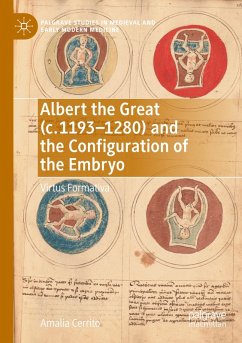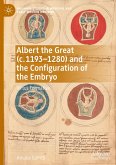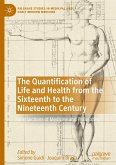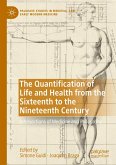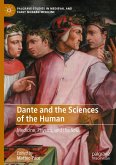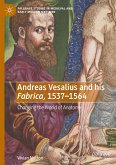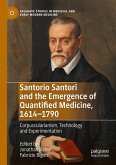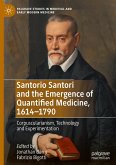This book provides the first comprehensive treatment of Albert the Great's (c. 1193-1280) notion of virtus formativa, a shaping force responsible for crucial dynamics in the formation of living beings. Crossing the boundaries between theology and philosophy, the notion of virtus formativa, or formative power, was central in explaining genetic inheritance and the configuration of the embryo. By adopting an interdisciplinary approach, this book reconstructs how Albert the Great, motivated by theological open issues, reorganised the natural-philosophical and medical theories on embryonic development, creatively drawing upon Greek, Patristic, and Arabic sources. A valuable contribution to research, this book offers essential insights for those studying the history of embryology, medicine, and science in the medieval and renaissance periods.
Bitte wählen Sie Ihr Anliegen aus.
Rechnungen
Retourenschein anfordern
Bestellstatus
Storno

